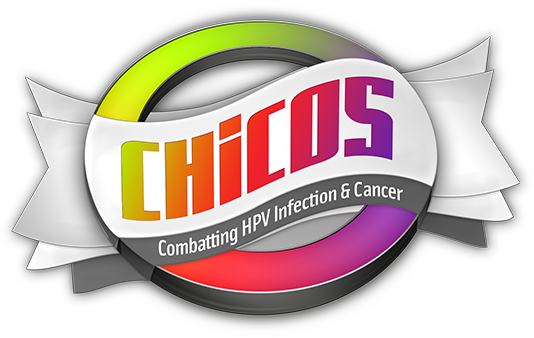By Amanda Dempsey, MD, PhD, MPH, and Jenna E. Reno, PhD
In honor of Cervical Health Awareness Month, we’ve asked Amanda Dempsey, MD, PhD, MPH, and Jenna Reno, PhD, of The Adult and Child Consortium for Outcomes Research and Delivery Science (ACCORDS) at the University of Colorado to fill us in on their current project working to increase HPV vaccination rates among male and female adolescents and young adults.
According to the Centers for Disease Control and Prevention, every year, over 27,000 women and men are affected by a cancer caused by HPV [human papillomavirus] — that’s a new case every 20 minutes. HPV can lead to cancers of the cervix, vagina, penis, anus, tonsils, and throat. While there is no cure for HPV, the HPV vaccine works almost 100% of the time at preventing the most common HPVs from causing disease. Despite this fact, HPV vaccination rates among adolescents and young adults (those most susceptible to infection) in the U.S. remain low.
Given these alarming statistics, many researchers, doctors and public health advocates across the globe have been working to establish ways in which health care providers can better connect with patients and their parents, effectively communicate the dangers of HPV and importance of HPV vaccinations, and increase protection among teens.
Dr. Mandy Dempsey and her research team at the University of Colorado School of Medicine have been working on a 3-year project funded by the Patient Centered Outcomes Research Institute that examines the effectiveness of a web-based intervention called CHICOS: Combatting HPV Infection & Cancer. CHICOS is focused on providing information about HPV, related cancers, and diseases in a way that is clear, approachable, and addresses community members’ real concerns. The ultimate goal of this project is to increase HPV vaccination rates among male and female adolescents and young adults.

Currently, Dr. Dempsey’s research team is working on finding ways to share the work they’ve been doing and the results of the study with the public. To this end, the team has created a Facebook page and Twitter account where a large variety of study results will be shared over the coming months as well as additional resources on HPV, cervical cancer, and other related diseases. Additionally, the CHICOS website will be made available to the public in the near future.
Spread the word!
You can help support this project and learn more about CHICOS by Liking the Facebook page, following @NoHPV4Me on Twitter, sharing their content with your friends and followers, and/or inviting people to follow these accounts. Along with your support, the information CHICOS provides and the results from the study can help to prevent HPV infection and related disease in your local community.
Mandy Dempsey, MD, PhD, MPH, is an associate professor of pediatrics at the University of Colorado School of Medicine and a primary care pediatrician at Children’s Hospital Colorado.
Jenna E. Reno, PhD, is a postdoctoral research fellow with the Adult and Child Center for Health Outcomes Research and Delivery Science (ACCORDS) at the University of Colorado Denver.
